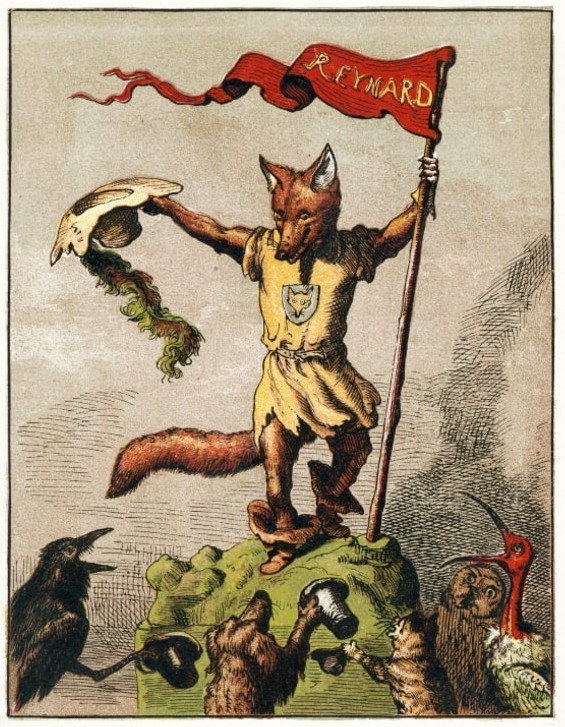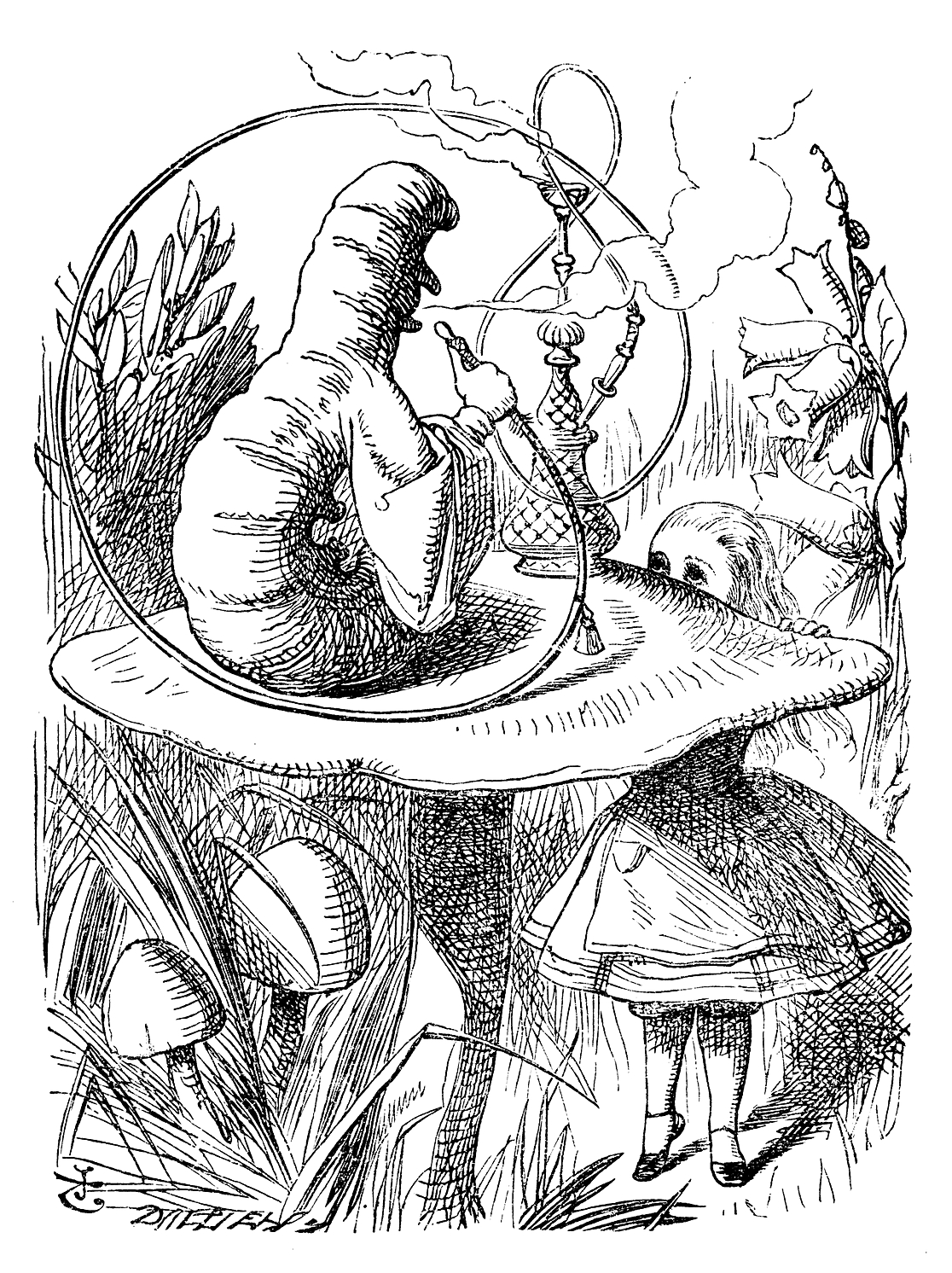|
The Morall Fabillis Of Esope The Phrygian
''The Morall Fabillis of Esope the Phrygian'' is a work of Northern Renaissance literature composed in Middle Scots by the fifteenth century Scottish makar, Robert Henryson. It is a cycle of thirteen connected narrative poems based on fables from the European tradition. The drama of the cycle exploits a set of complex ethics, moral dilemmas through the figure of animals representing a full range of human psychology. As the work progresses, the stories and situations become increasingly dark. The overall structure of the ''Morall Fabillis'' is symmetrical, with seven stories modelled on fables from Aesop (from the Romulus (fabulist), elegiac Romulus manuscripts, medieval Europe's standard fable text, written in Latin), interspersed by six others in two groups of three drawn from the more profane beast epic tradition. All the expansions are rich, wry and highly developed. The central poem of the cycle takes the form of a dream vision in which the narrator meets Aesop in person. A ... [...More Info...] [...Related Items...] OR: [Wikipedia] [Google] [Baidu] |
Trickster
In mythology and the study of folklore and religion, a trickster is a character in a story ( god, goddess, spirit, human or anthropomorphisation) who exhibits a great degree of intellect or secret knowledge and uses it to play tricks or otherwise disobey normal rules and defy conventional behavior. Mythology Tricksters, as archetypal characters, appear in the myths of many different cultures. Lewis Hyde describes the trickster as a "boundary-crosser".Hyde, Lewis. ''Trickster Makes This World: Mischief, Myth, and Art''. New York: Farrar, Straus and Giroux, 1998. The trickster crosses and often breaks both physical and societal rules: Tricksters "violate principles of social and natural order, playfully disrupting normal life and then re-establishing it on a new basis." Often, this bending or breaking of rules takes the form of tricks or thievery. Tricksters can be cunning or foolish or both. The trickster openly questions, disrupts or mocks authority. Many cultures have tale ... [...More Info...] [...Related Items...] OR: [Wikipedia] [Google] [Baidu] |
Scholasticism
Scholasticism was a medieval school of philosophy that employed a critical organic method of philosophical analysis predicated upon the Aristotelian 10 Categories. Christian scholasticism emerged within the monastic schools that translated scholastic Judeo—Islamic philosophies, and thereby "rediscovered" the collected works of Aristotle. Endeavoring to harmonize his metaphysics and its account of a prime mover with the Latin Catholic dogmatic trinitarian theology, these monastic schools became the basis of the earliest European medieval universities, and scholasticism dominated education in Europe from about 1100 to 1700. The rise of scholasticism was closely associated with these schools that flourished in Italy, France, Portugal, Spain and England. Scholasticism is a method of learning more than a philosophy or a theology, since it places a strong emphasis on dialectical reasoning to extend knowledge by inference and to resolve contradictions. Scholastic thought ... [...More Info...] [...Related Items...] OR: [Wikipedia] [Google] [Baidu] |
Human Behaviour
Human behavior is the potential and expressed capacity ( mentally, physically, and socially) of human individuals or groups to respond to internal and external stimuli throughout their life. Kagan, Jerome, Marc H. Bornstein, and Richard M. Lerner.Human Behaviour." ''Encyclopædia Britannica''. 2020. Retrieved 5 June 2020. Behavior is driven by genetic and environmental factors that affect an individual. Behavior is also driven, in part, by thoughts and feelings, which provide insight into individual psyche, revealing such things as attitudes and values. Human behavior is shaped by psychological traits, as personality types vary from person to person, producing different actions and behavior. Social behavior accounts for actions directed at others. It is concerned with the considerable influence of social interaction and culture, as well as ethics, interpersonal relationships, politics, and conflict. Some behaviors are common while others are unusual. The acceptability of ... [...More Info...] [...Related Items...] OR: [Wikipedia] [Google] [Baidu] |
Spirituality
The meaning of ''spirituality'' has developed and expanded over time, and various meanings can be found alongside each other. Traditionally, spirituality referred to a religious process of re-formation which "aims to recover the original shape of man", oriented at "the image of God" as exemplified by the founders and sacred texts of the religions of the world. The term was used within early Christianity to refer to a life oriented toward the Holy Spirit and broadened during the Late Middle Ages to include mental aspects of life. In modern times, the term both spread to other religious traditions and broadened to refer to a wider range of experiences, including a range of esoteric and religious traditions. Modern usages tend to refer to a subjective experience of a sacred dimension and the "deepest values and meanings by which people live", often in a context separate from organized religious institutions. This may involve belief in a supernatural realm beyond the ordinarily ob ... [...More Info...] [...Related Items...] OR: [Wikipedia] [Google] [Baidu] |
Secularism
Secularism is the principle of seeking to conduct human affairs based on secular, naturalistic considerations. Secularism is most commonly defined as the separation of religion from civil affairs and the state, and may be broadened to a similar position seeking to remove or to minimize the role of religion in any public sphere. The term "secularism" has a broad range of meanings, and in the most schematic, may encapsulate any stance that promotes the secular in any given context. It may connote anti-clericalism, atheism, naturalism, non-sectarianism, neutrality on topics of religion, or the complete removal of religious symbols from public institutions. As a philosophy, secularism seeks to interpret life based on principles derived solely from the material world, without recourse to religion. It shifts the focus from religion towards "temporal" and material concerns. There are distinct traditions of secularism in the West, like the French, Turkish and Anglo-American mo ... [...More Info...] [...Related Items...] OR: [Wikipedia] [Google] [Baidu] |
Didactic Literature
Didacticism is a philosophy that emphasizes instructional and informative qualities in literature, art, and design. In art, design, architecture, and landscape, didacticism is an emerging conceptual approach that is driven by the urgent need to explain. When applied to ecological questions, didacticism in art, design, architecture and landscape attempts to persuade the viewer of environmental priorities; thus, constituting an entirely new form of explanatory discourse that presents, what can be called "eco-lessons". This concept can be defined as "ecological didacticism". Overview The term has its origin in the Ancient Greek word διδακτικός (''didaktikos''), "pertaining to instruction", and signified learning in a fascinating and intriguing manner. Didactic art was meant both to entertain and to instruct. Didactic plays, for instance, were intended to convey a moral theme or other rich truth to the audience. During the Middle Age, the Roman Catholic chants like the ' ... [...More Info...] [...Related Items...] OR: [Wikipedia] [Google] [Baidu] |
Trope (literature)
A literary trope is the use of figurative language, via word, phrase or an image, for artistic effect such as using a figure of speech. Keith and Lundburg describe a trope as, "a substitution of a word or phrase by a less literal word or phrase." The word ''trope'' has also come to be used for describing commonly recurring or overused literary and rhetorical devices, motifs or clichés in creative works. Literary tropes span almost every category of writing, such as poetry, film, plays, and video games. Origins The term ''trope'' derives from the Greek (''tropos''), "turn, direction, way", derived from the verb τρέπειν (''trepein''), "to turn, to direct, to alter, to change". Tropes and their classification were an important field in classical rhetoric. The study of tropes has been taken up again in modern criticism, especially in deconstruction. Tropological criticism (not to be confused with tropological reading, a type of biblical exegesis) is the historical study ... [...More Info...] [...Related Items...] OR: [Wikipedia] [Google] [Baidu] |
Anthropomorphic
Anthropomorphism is the attribution of human traits, emotions, or intentions to non-human entities. It is considered to be an innate tendency of human psychology. Personification is the related attribution of human form and characteristics to abstract concepts such as nations, emotions, and natural forces, such as seasons and weather. Both have ancient roots as storytelling and artistic devices, and most cultures have traditional fables with anthropomorphized animals as characters. People have also routinely attributed human emotions and behavioral traits to wild as well as domesticated animals. Etymology Anthropomorphism and anthropomorphization derive from the verb form ''anthropomorphize'', itself derived from the Greek ''ánthrōpos'' (, "human") and ''morphē'' (, "form"). It is first attested in 1753, originally in reference to the heresy of applying a human form to the Christian God.''Oxford English Dictionary'', 1st ed. "anthropomorphism, ''n.''" Oxford Universit ... [...More Info...] [...Related Items...] OR: [Wikipedia] [Google] [Baidu] |
Ambiguous
Ambiguity is the type of meaning in which a phrase, statement or resolution is not explicitly defined, making several interpretations plausible. A common aspect of ambiguity is uncertainty. It is thus an attribute of any idea or statement whose intended meaning cannot be definitively resolved according to a rule or process with a finite number of steps. (The '' ambi-'' part of the term reflects an idea of " two", as in "two meanings".) The concept of ambiguity is generally contrasted with vagueness. In ambiguity, specific and distinct interpretations are permitted (although some may not be immediately obvious), whereas with information that is vague, it is difficult to form any interpretation at the desired level of specificity. Linguistic forms Lexical ambiguity is contrasted with semantic ambiguity. The former represents a choice between a finite number of known and meaningful context-dependent interpretations. The latter represents a choice between any number of p ... [...More Info...] [...Related Items...] OR: [Wikipedia] [Google] [Baidu] |






